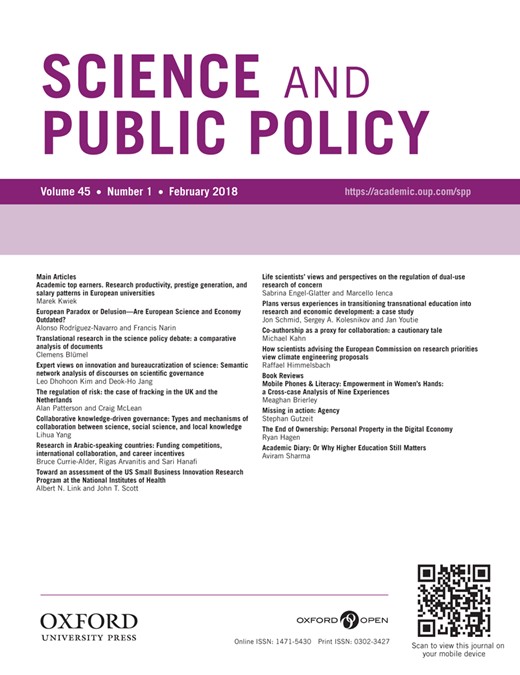-
Views
-
Cite
Cite
Ryan Hagen, The End of Ownership: Personal Property in the Digital Economy, Science and Public Policy, Volume 45, Issue 1, February 2018, Pages 137–139, https://doi.org/10.1093/scipol/scx033
Close - Share Icon Share
Extract
Nearly 180 years after Proudhon declared that ‘property is theft!’, corporate lawyers in the digital age have taken up the idea and stood it on its head: personal property is theft—from corporate holders of intellectual property rights. In this decade, the question of whether individuals own or merely license on unfavorable terms the digital books, films, music, and software we pay for is far more unsettled—and unsettling—than is popularly assumed. That uncertainty over our personal property rights is spreading to physical goods too as Internet-connected software is insinuated into a growing range of everyday consumer products. Perzanowski and Schultz explore the legal mechanics and social consequences of this corporate assault on personal property rights in The End of Ownership: Personal Property in the Digital Economy.
Property rights do not secure tangible things, the authors argue, but rather ensure our ability to deploy or withhold those things in social relationships. That is to say that owning a book means being able to choose whether or not to share it with a friend, to give it as a gift, or re-sell it as you see fit. When we own something, Perzanowski and Schultz write, we ‘don’t control the thing, but the ways in which others interact with it’ (p. 22). When you are the sole owner of a book, nobody can prevent you from reading or even altering it any way you want, in any country you desire.



